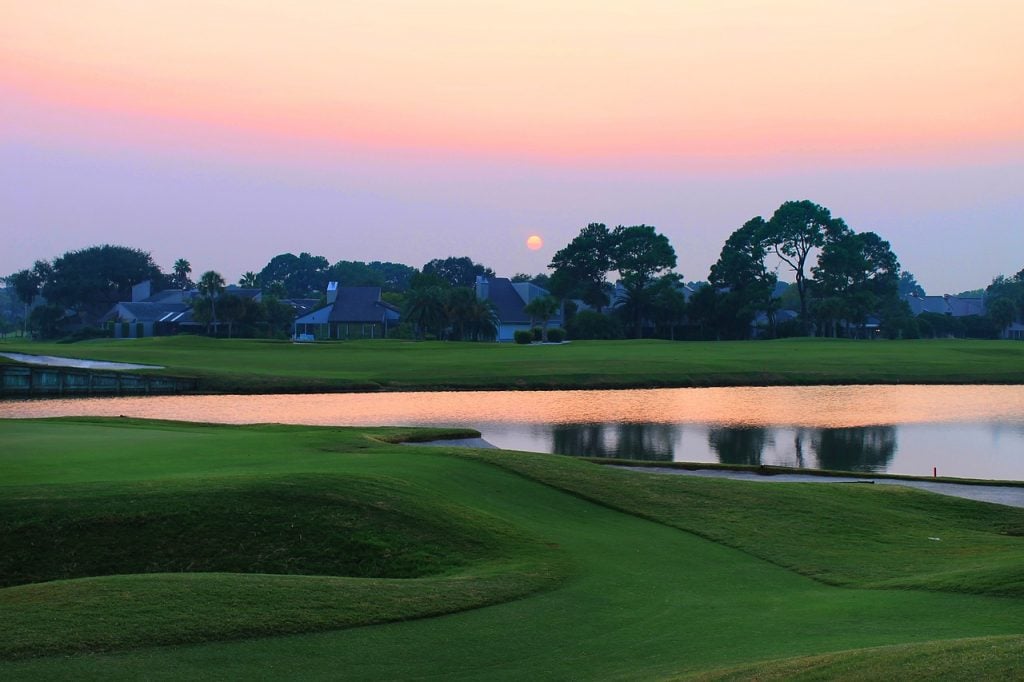Residential golf community homes are back on buyers’ radars again after years of sluggish sales and stagnating prices.

The Wall Street Journal said this week that real estate pros report a big jump in demand for homes in golfing communities since the coronavirus pandemic began. But it’s not just the golf that buyers are being drawn to, but also the wide open outdoor green spaces and the potential they have for socializing that could emerge once the pandemic subsides.
Sales of golf community homes were on a downward trend following massive development in the 1980s and 1990s. Waning interest in the sport in the past couple of decades has resulted in numerous golf courses across the U.S. closing down.
But with people forced to spend more time at home during the pandemic, golf is reemerging as it’s one of few activities people can partake in outside while staying socially distant from others. Americans say they played 10 million more rounds of golf in August than they did in the same month last year, marking a 20.6% jump in activity, according to a Golf Datatech and National Golf Foundation reported cited by the Journal.
The paper reported that sales of golf community homes are rising too. A development known as The Cliffs, made up of seven residential golf communities located in the Carolinas, saw sales volume increase by 161% in the third quarter compared to one year ago. And in Scottsdale, Ariz., the Desert Mountain golf club community has seen its number of homes under contract double since Sept. 1 compared to last year. Meanwhile in Jupiter, Fla.,, a community called Admirals Cove reported a 54% jump in home sales compared to last year.
Jupiter-based real estate agent Jeff Lichtenstein told the Journal that he believes buyers are attracted to the safety precautions being taken at golf clubs, as well as the outdoor activities and exercise classes they offer. Other perks include clubhouse meals delivered direct to your door, he said.
“There’s a lot of amenities in a pandemic that you never see outside of there,” Lichtenstein told the Journal.